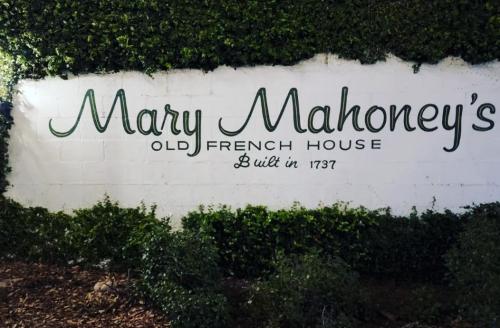
She deserved a chance. A chance at a life filled with more than pain. A chance to go to school. To make good grades. To be on the dance team or President of the Beta Club. To have a best friend who invited her to Friday night sleepovers where they talked about the cute boy in English class and watched movies until the crack of dawn. To pick out a homecoming dress and cheer at the game with her classmates.
A chance to be taught she is precious and knows that she is loved. A life filled with more laughs than fears. A chance to cry and feel broken with a family to run to. A mother’s arms wrapped around her, and father to wipe away tears.
But she didn’t get that chance
Her reality is darker. It’s hard, it’s heavy, it’s lonely. They told her she was wanted, but they gave her away. He promised to take care of her but left her with bruises on the inside and out. He let men hit her, hurt her, scar her. For profit. He told her it was her fault and that this is what she deserved. He told her this was all she was worth, with words and actions.
Many pimps will use the “lover-boy” method to recruit middle school and high school age girls. They woo them with promises they never intend to fulfill.
And when she finally ran, when she finally got free…there was nothing for her there either.
Someone tried to help. They could see the bruises, so they asked the hard questions. They poked and they prodded and they called the ‘higher-ups.’ They bandaged what was on the outside and tried to make her feel safe, and she opened up some.
She told them what they did to her, over and over and over. She told them she wasn’t alone. There were others like her. They said they would help, but the system isn’t perfect.
Each year, as many as 100,000 to 300,000 American children are at risk of being trafficked. Human trafficking is said to be the fastest growing criminal industry in the world.
So they took her to a building, where the door locks when it closes, but they didn’t charge her with a crime. What had she done besides run? This is where she would stay until they could find somewhere better for her to go, they told her.
Currently, Mississippi only has one shelter for trafficked victims in the state and it only serves adults, no one under 18.
Back the walls came and she put on that ‘face.’ The one that allows her to survive this reality. From here she will probably go to another facility, one that gives her a few sessions with a shrink and a pill to help. A foster home is in the foreseeable future, but “who would want someone like me?”
And she’ll probably run again. Because even though they’re trying they’re falling so short. They don’t know how to help her, and she’s believed for so long she’s not worth helping. She can’t keep doing this till she’s 18. Over and over the merry-go-round goes.
More often than not, a child who is a victim of sex trafficking will end up in a detention facility because there are no homes to take them in and get the care they need. It costs $400k to $500k to treat kids who are in and out of detention centers, mental health facilities, and group homes over the years until they turn 18.
For her, the future seems dim. She’s hard to understand. Hard to get along with. She had to grow up too fast. She defies all authority. She lacks basic social skills and self-worth because no one taught her that there was another way. One day, she might make the choice to take a profit on herself as that man did, and she will think she decided this fate for herself.
But she didn’t. She didn’t have a choice. Because she didn’t have a chance.
The average age for a girl to enter the commercial sex trade is 14-16 years old, for boys, it’s even younger at 11-13.
There are a few options for children in the system when you’ve been trafficked, there are even less.
Buyers of sex trafficked victims can be anyone and are increasingly difficult to identify.
The cops don’t know what to do with you.
The judges don’t know the rules of charging you.
The fosters can’t handle your attitude.
The therapists treat you like every other abused kid.
There’s no money to get your help. There’s no bed for you to fill. And the repeated message is “you’re not worth it
She had no chance. In a system like this, how do you prevent prostitution? There are no mending wounds, or healing hurts. There’s only the belief in the lie,
Education, poverty, and family structure are leading factors that directly affect the vulnerability of children who are eventually trafficked.
“You’re not worth it.”
And isn’t this what we are telling her?
Charge her, a minor, as a prostitute…you’re not worth a second chance.
Send her to a detention facility for running away from him and seeking help… you’re too much for a foster home.
Take her to a psych ward for evaluation… you’re too broken to fix.
She turns 18…. You’re not our problem anymore.
The Reality:
70% of the children trafficking in the state of Mississippi are initially sold by their parents for various reasons and it could take a dozen times of running away from the lifestyle before they are able to get out.
When do people like her stop becoming a quiet conversation between a few, and become an anthem of a nation? When does she get to stop living in the shadows and walk out with her mask off, with the filth of what they did to her hanging on her sleeves knowing that someone will be there to walk with her in the journey to something better?
What if she got the change to live a different life than the one someone else picked for her?
Know someone you believe is being trafficked? Call 888-373-7888.
*This story is based on real-life scenarios of trafficking victims and the facts included on trafficking statistics were found at Sharedhope.org











